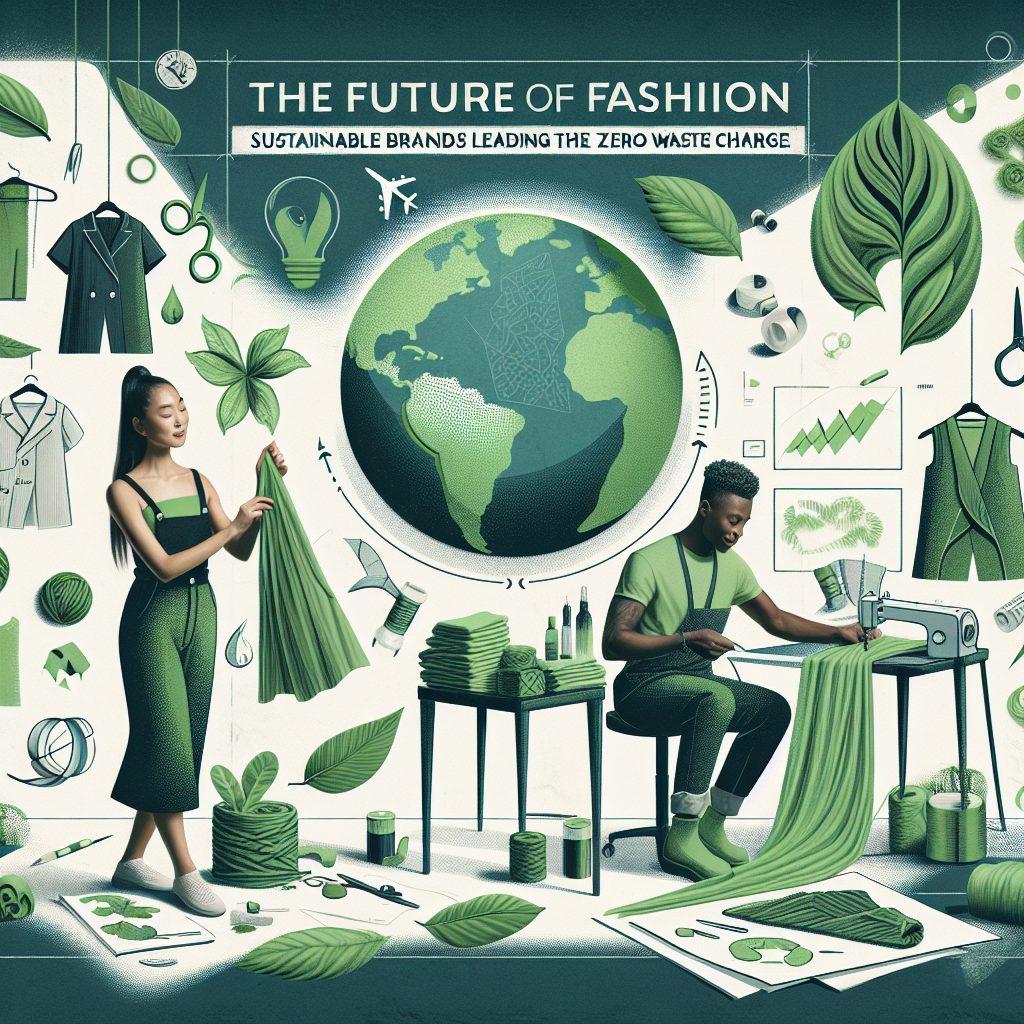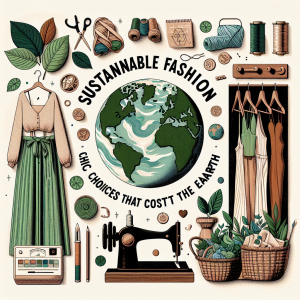Understanding Zero Waste Fashion
Zero waste fashion aims to create garments and accessories with minimal environmental impact, utilizing every inch of fabric and minimizing runoff related to textile production. This approach not only reduces waste but also encourages innovation in design and material usage.
Trailblazing Brands in Zero Waste Fashion
Several brands are setting benchmarks by implementing zero waste practices.
1. Tonle
Tonle is a pioneer in the zero waste movement. They create contemporary clothing by using remnants from other manufacturers, ensuring that no fabric goes to waste. Their model empowers local artisans in Cambodia, merging sustainability with ethical labor practices.
2. Reformation
Known for its trendy styles, Reformation employs sustainable practices across its production process. The brand utilizes eco-friendly materials and operates with a transparency model, showcasing their commitment to reducing their carbon footprint.
3. Whimsy + Row
This Los Angeles-based brand focuses on responsible sourcing and craftsmanship. By using sustainable materials and employing local artisans, they prioritize a zero waste philosophy while producing stylish, timeless pieces.
The Role of Technology in Sustainable Fashion
Innovative technologies are key to advancing sustainable practices. Digital tools like 3D modeling allow designers to visualize their creations with minimal waste, while blockchain technology ensures transparency and traceability in sourcing materials.
The Impact of Consumer Awareness
The growing consciousness among consumers plays a significant role in shaping the fashion landscape. As buyers demand ethical and sustainable choices, brands are pressured to innovate. Initiatives like clothing swaps and rental services further emphasize this shift towards a circular economy.
Conclusion
The future of fashion hinges on sustainability and innovation. As sustainable brands lead the charge towards zero waste, they are not only changing the way we think about clothing but also paving a path towards a more environmentally friendly industry. Embracing these practices is not merely an option; it’s a necessity for the health of our planet.



